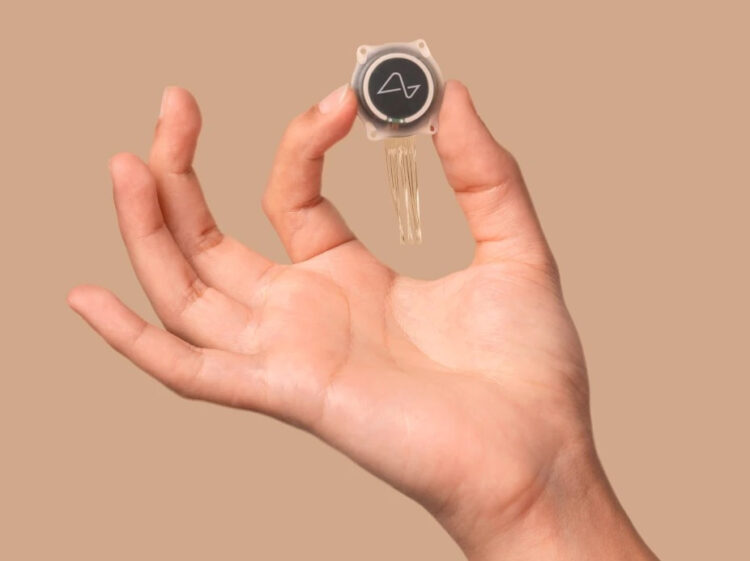Earlier in the year, neurotech startup Neuralink showed off the tech in action with its first human transplant controlling a laptop using his thoughts. Though it’s not a completely smooth-sailing journey, as some complications with the tech has cropped up.
The way the tech reads brain signals is by having them be read by electrode-studded threads that sit in the brain tissue. There are 64 of these, each thinner than a human hair, but according to the Nueralink blog post, some of these have “retracted” from where they were implanted. This means fewer electrodes to read brain signals, which also limited the company’s ability to measure the tech’s speed and accuracy.

To compensate for this, Neuralink applied algorithm fixes that ultimately improved the implant beyond its initial performance. That being the case, Bloomberg and CNBC cite a WSJ article that claims that the company initially considered removing the implant, but decided against it as it hasn’t posed direct risk to the implantee’s safety. The report also says that the company published its blog post after it was asked to comment on the issue.
The aforementioned Bloomberg report cites Matt Angle, CEO of Paradromics Inc, a Neuralink rival, as saying that having threads retract “is not normal for a brain implant”. Also mentioned in the report is such malfunctions can cause delays for the Elon Musk company in getting more human subjects for its implant.
(Source: Neuralink [1], [2], Bloomberg, CNBC, WSJ)
Follow us on Instagram, Facebook, Twitter or Telegram for more updates and breaking news.



